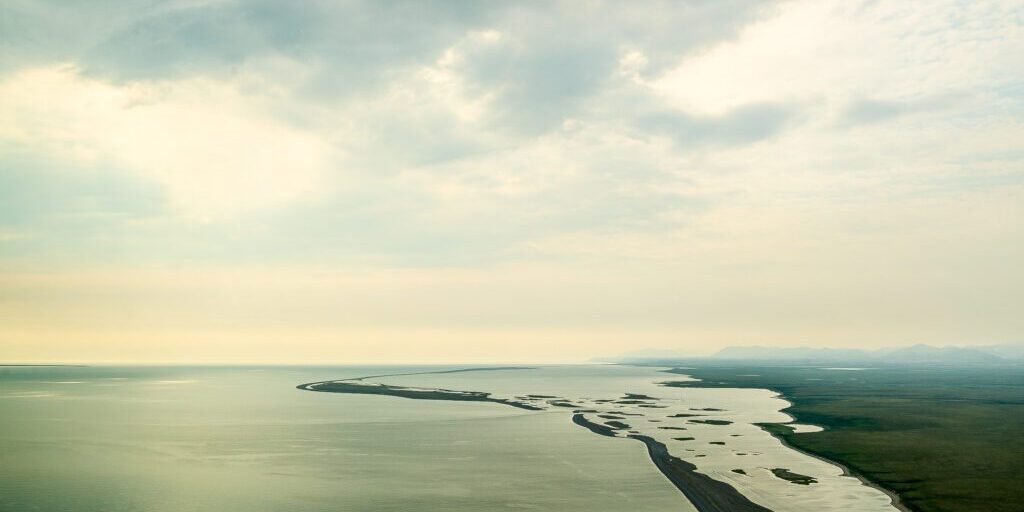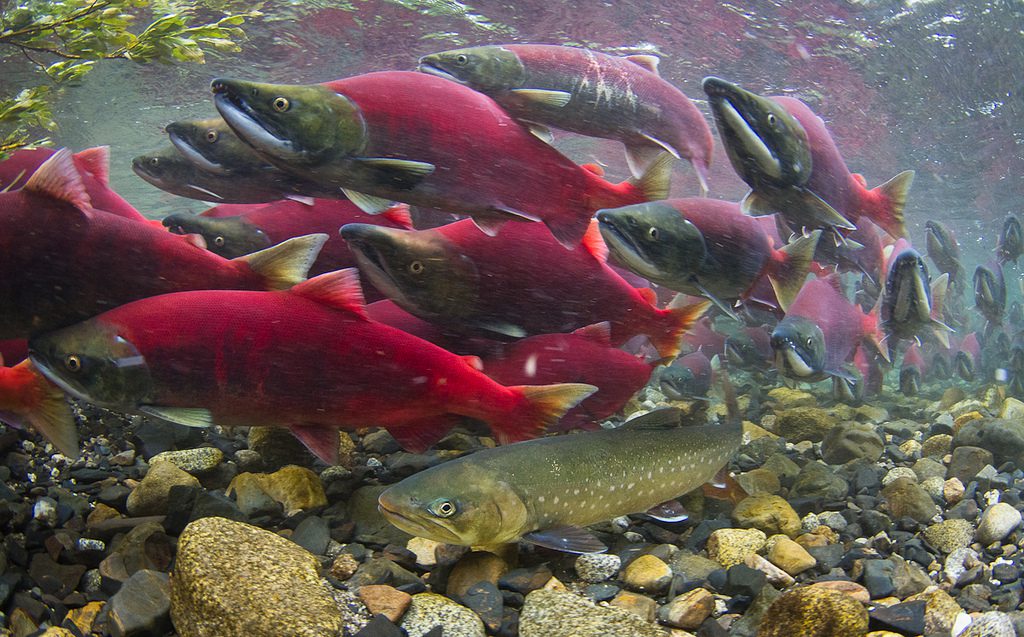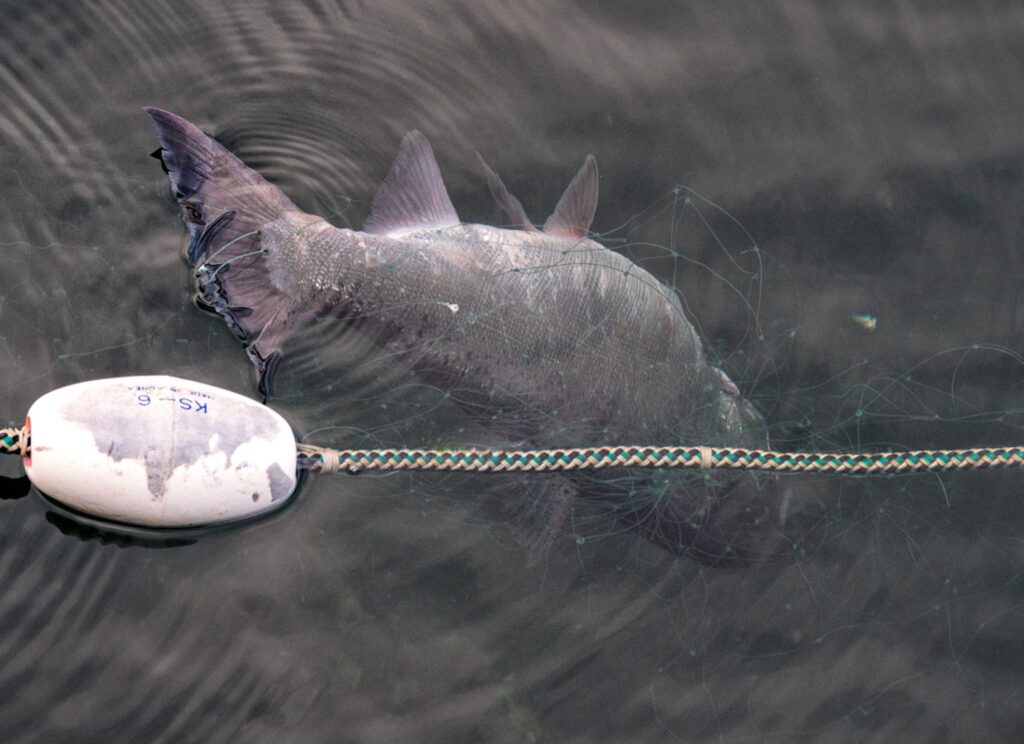Senator Lisa Murkowski introduced a bill in the Senate earlier this month to identify and assess coastal communities most affected by ocean acidification.
According to NOAA, the ocean absorbs about a quarter of the carbon dioxide humans release into the atmosphere every year. And that can have detrimental effects on marine life.
According to a press release, the bipartisan Coastal Communities Acidification Act of 2017 aims to help low-population rural and subsistence communities, like those in Western Alaska, that depend on ocean resources.
The bill calls for coastal community vulnerability assessments, although it doesn’t specify which communities would be prioritized. Indigenous Knowledge groups, the U.S. Integrated Ocean Observing System, regional Ocean Acidification Networks and Sea Grants would be partners in conducting the assessments.
In a statement, Murkowski says the bill “proactively addresses a very real issue … affecting our coastal and subsistence communities throughout Alaska.”
The vulnerability assessments would identify communities most dependent on ocean resources, the nature of the vulnerabilities, and specific harmful impacts of ocean acidification.
Image at top: The coast of the Seward Peninsula near the community of Wales. (Photo: Laura Kraegel, KNOM)







